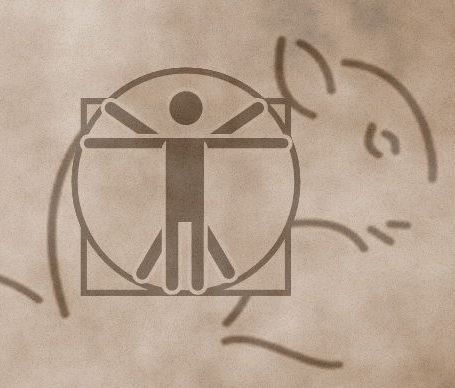Research Group
Cellular and Cytometric Oncology
&
Experimental Immunology
Clinic for Gynecology and Obstetrics (focus on gynecology)
the University of Regensburg (UR)
The research group is based at the University Hospital Regensburg (UKR)
Our research interest
Under the direction of...
Prof. Dr. Gero Brockhoff (Cellular and Cytometric Oncology)
and
Prof. Dr. Anja K. Wege (Experimental Immunology)
...the research group deals with the development, progression and treatment of breast cancer (mammary carcinoma).
Roughly speaking, cancers are divided into hormone-dependent, estrogen receptor-positive tumors of the luminal A and B types, HER2 receptor-positive and HER2 receptor/hormone receptor double-positive carcinomas, and receptor-negative breast cancer. Within these groups, further clinical and pathological differentiation is made. Based on these subtypes, the prognosis for the course of the disease also differs, which can be very positive or unfavorable depending on the individual.
Different treatment options are available for the various forms of breast malignancies. The treatment strategies are based on diverse clinical parameters. Treatment modalities range from endocrine and cytotoxic therapies to targeted interventions (a great many) and irradiation. Relatively new (for the treatment of breast cancer) are so-called immunotherapies and those that target-specifically intervene in the regulation of the cell cycle, i.e., in the proliferation of tumor cells. The available treatment options and their combination are selected based on the applicable treatment guidelines in such a way that the best possible treatment outcome (treatment precision and efficiency) can be expected with the least possible burden on the patient (treatment de-escalation).
Breast cancer treatments are often highly effective and successful, but in many cases, resistance to the applied therapies develops, or the malignancies are refractory from the very beginning of the treatment. The group is working on a better understanding of molecular, cellular, and immunological mechanisms responsible for treatment response and resistance in order to optimize the respective treatment modalities and implement them individually with maximum possible efficiency. Furthermore, new treatment modalities not yet established for breast cancer are being evaluated. To this end, we often take advantege of the Humanized Tumor Mouse (HTM) model.
Please find more informatin under "Research Projects".
Neuer Text


